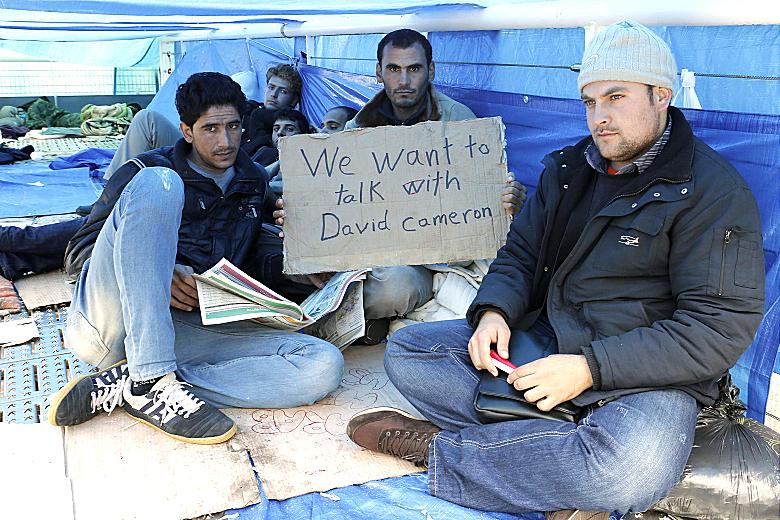
Brexit Poses Threat to Migrants
UK's decision to leave the EU sparks fear of the introduction of new border policies.
On Thursday, June 23rd, a referendum was held in Britain to decide whether it should leave or remain in the European Union. The results were narrow — 51.9% voted Leave, while 48.1% voted Remain.
According to Article 50 of the Treaty on European Union, the process for withdrawing from the European Union dictates that the UK will effectively remain a part of the EU for two years after the vote takes place. It will still abide by its treaties but will not participate in discussions or decisions made.
Prime Minister David Cameron, who campaigned for a Remain vote, gave a speech on the morning of Friday June 24th, making it clear that he believes Britain should have stayed inside the EU. “But the British people have made a very clear decision to take a different path and as such I think the country requires fresh leadership to take it in this direction,” he said in a statement outside Downing Street.

Stefan Wermuth/Reuters
“I will do everything I can as Prime Minister to steady the ship over the coming weeks and months,” he continued, “but I do not think it would be right for me to try to be the captain that steers our country to its next destination.”
David Cameron will stay on as prime minister for three months, he announced, to allow time for adjustment, after which he will leave his post as prime minister.
The groundbreaking decision has already seen economic and political effects. The pound has fallen by more than 11% since Thursday night. Reuters reported on the EU founding members scrambling to meet on Saturday to discuss “current European policy issues.” Scotland, whose results were 62% in favor of Remain, has already opened the discussion of leaving the UK.
Syrians inside and outside Europe are already apprehensive of the ramifications of the withdrawal. Worries range from a fear of the spread of a right-wing anti-immigration force in the UK, to dread of a future collapse of the European Union, further hindering the already dangerous journeys of immigrants throughout Europe. Nigel Farage, member of the European Parliament and leading supporter of Brexit, said in his victory speech that the referendum will allow Britain to take its borders back. Controlling the high levels of immigration was one of the top reasons for wanting to leave the EU. On the campaign’s website, Leave.eu, an opinion poll showed curbing immigration as the top reason for wanting to leave, with 42% of the vote.
“Regain our borders” is one of the leading reasons listed to leave the EU, giving ground to migrants’ fear of the decision.
“Imagine,” the site reads, “how we could then regain control of important issues such as our borders. We could welcome the right talent from all over the world - adding to the country’s already phenomenal cultural and economic strength (rather than having to accept all EU migrants regardless of skill level).”
Editor's Note: The ANA Press website is still in its soft launch period. Most content and sections cannot be accessed. Only The Story section is available at the moment.




